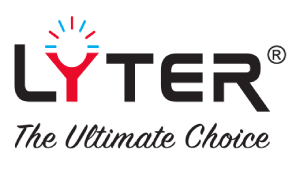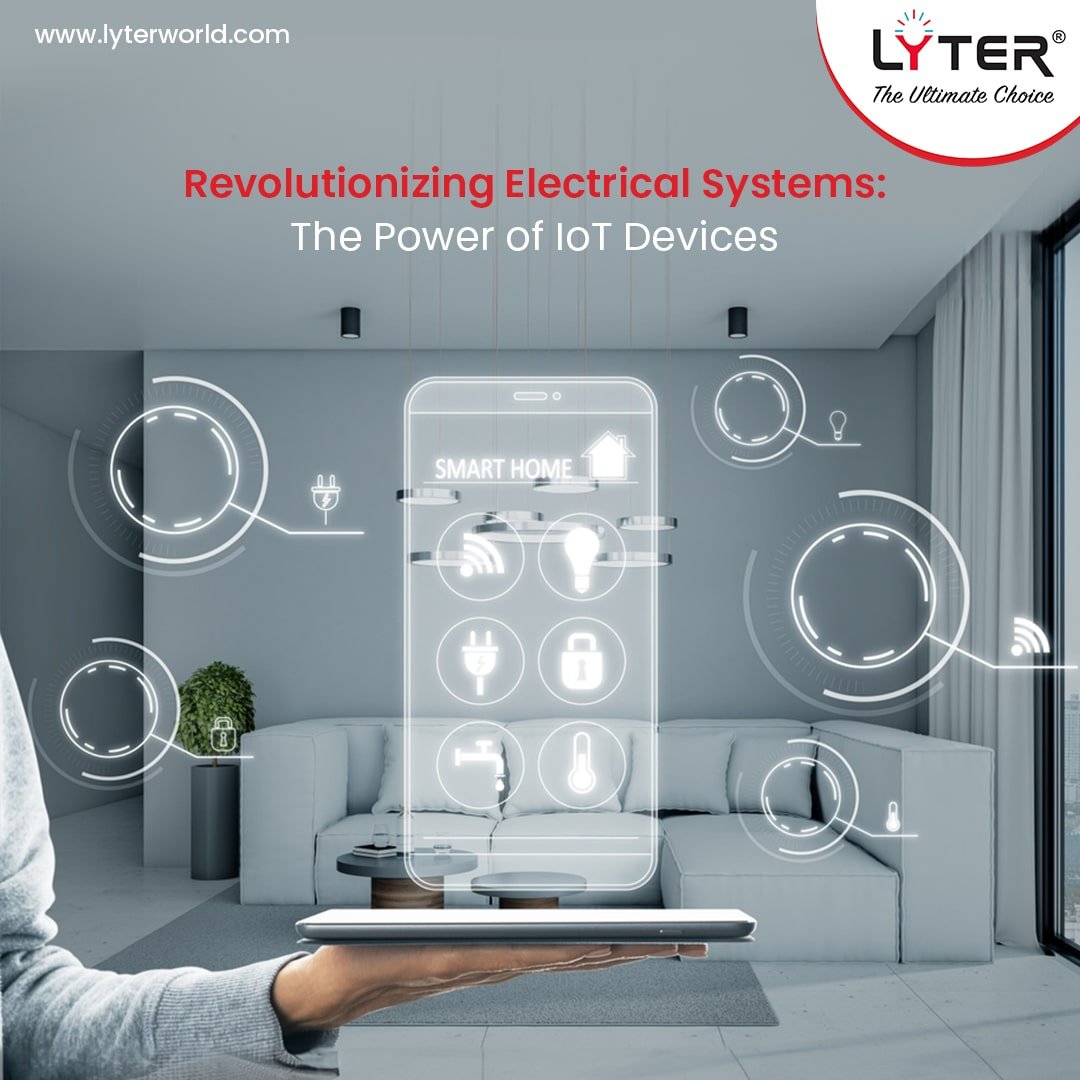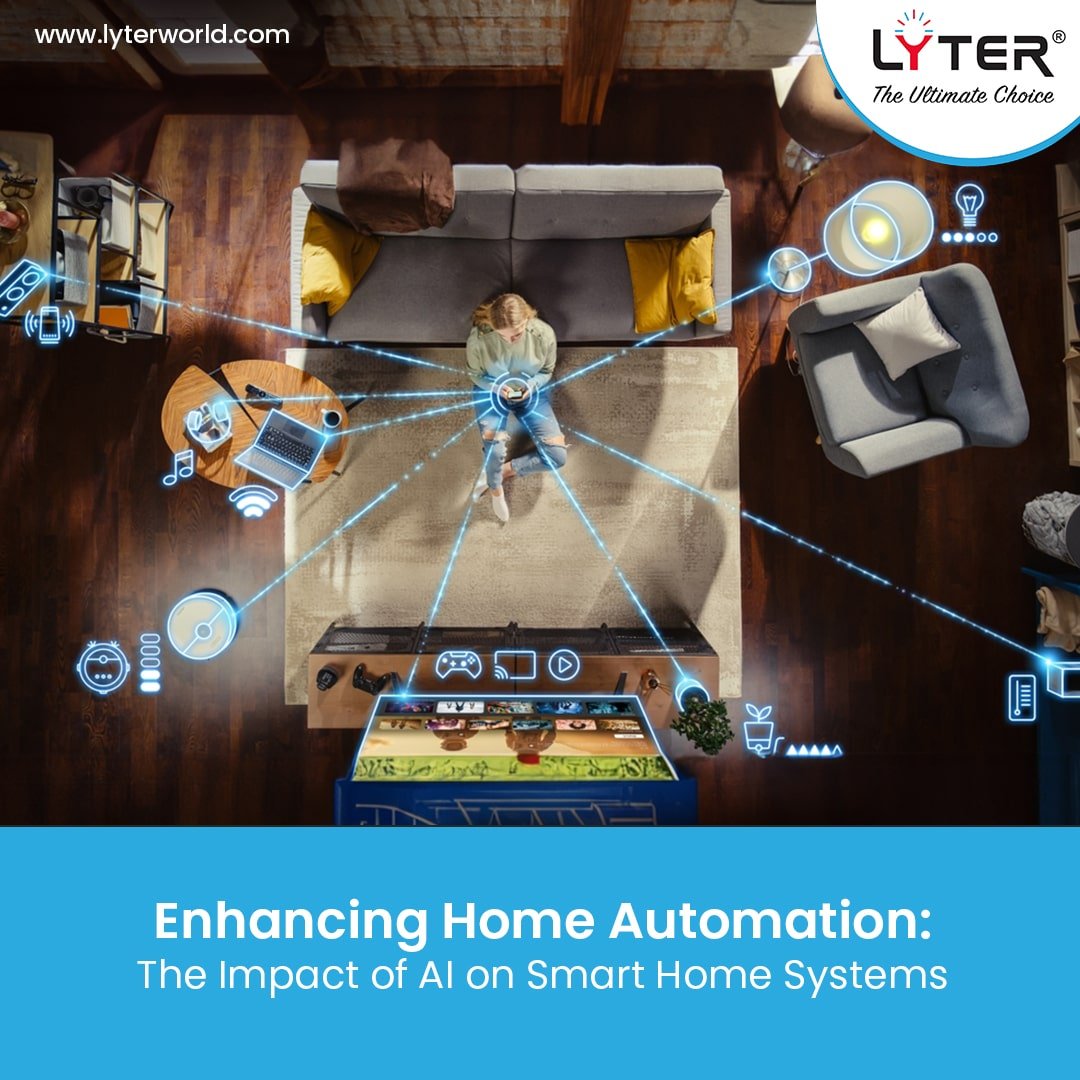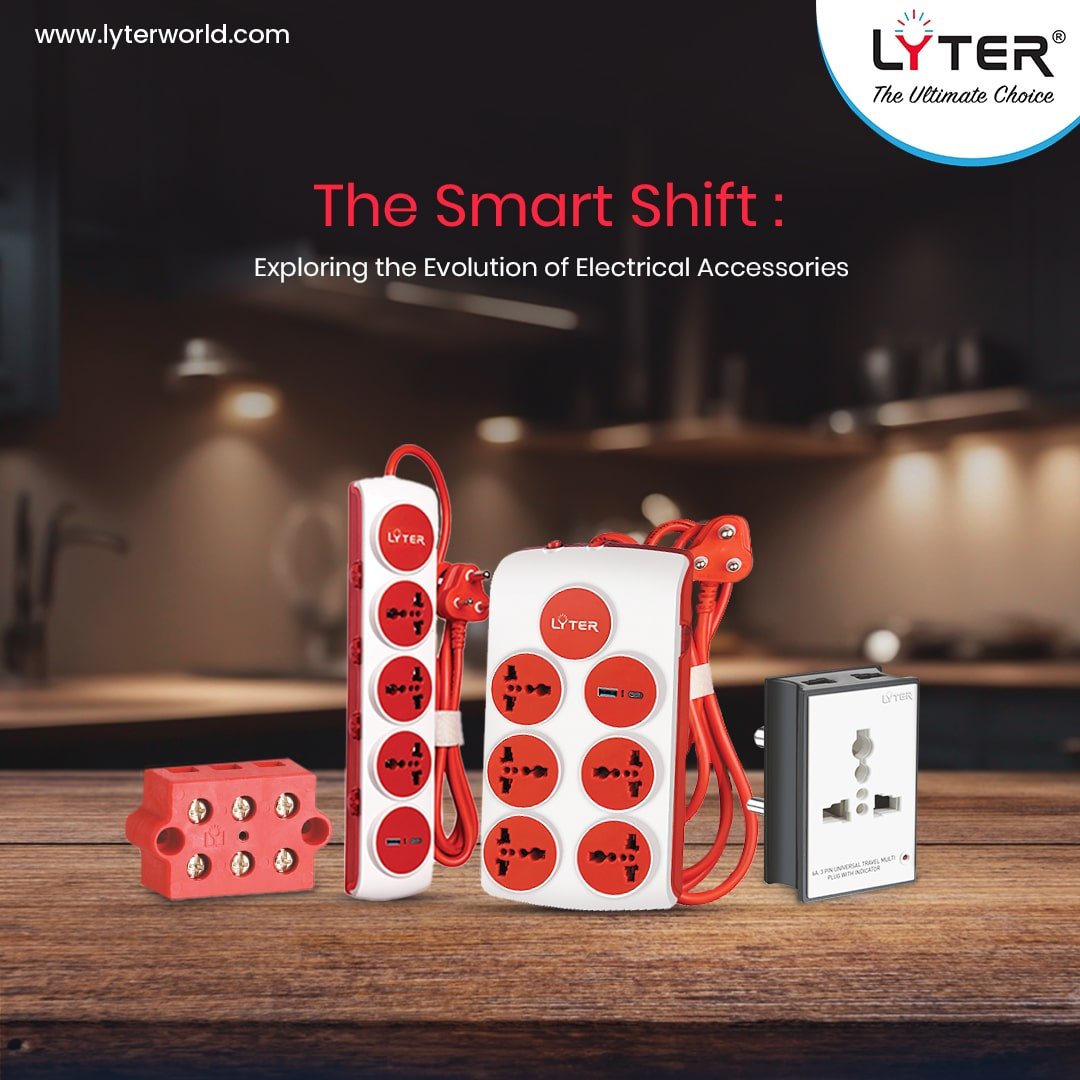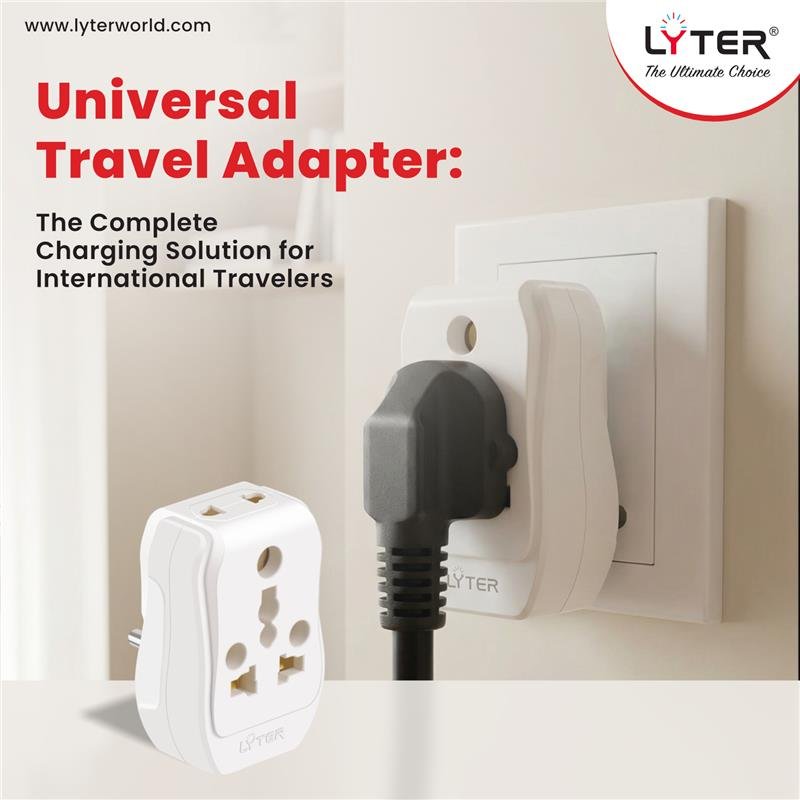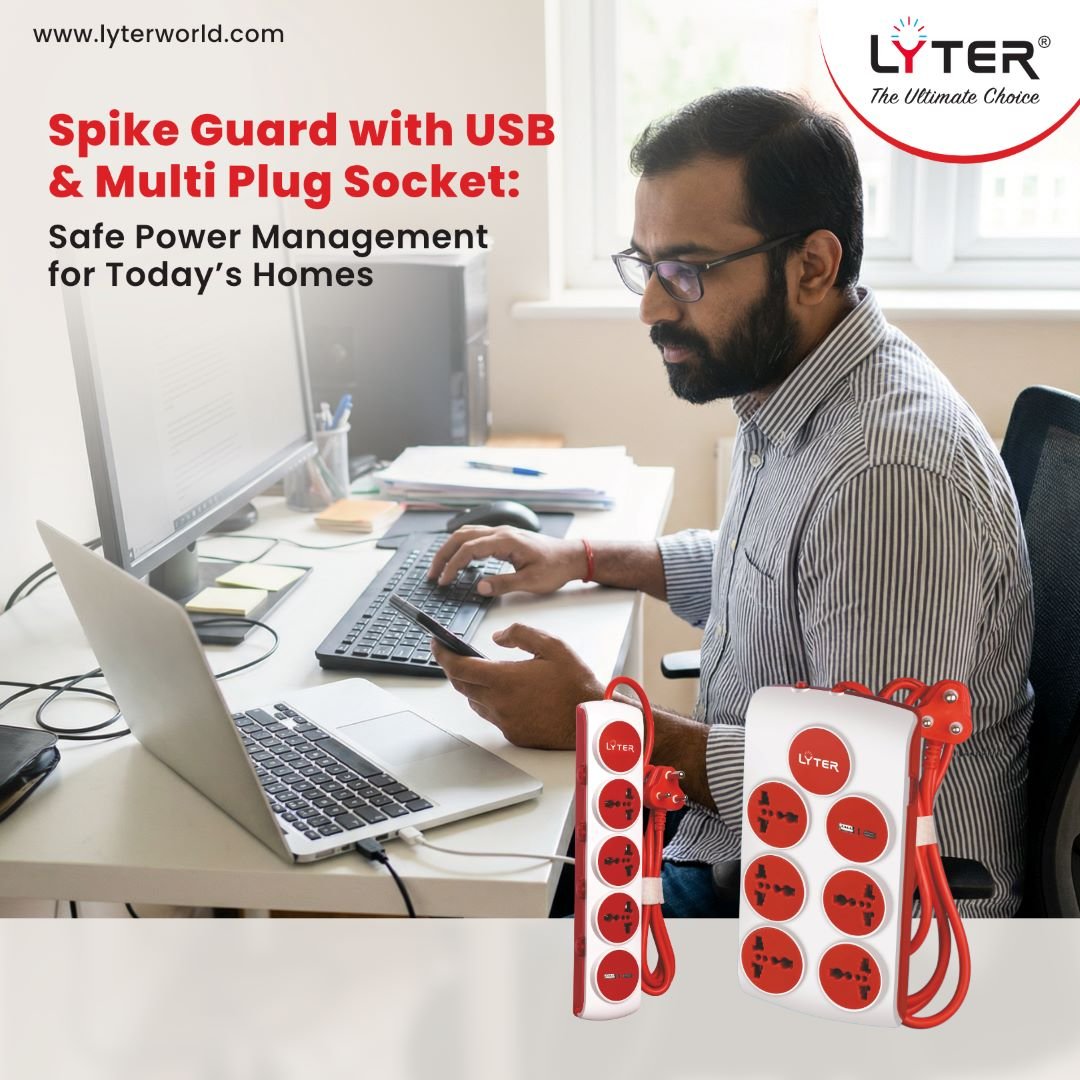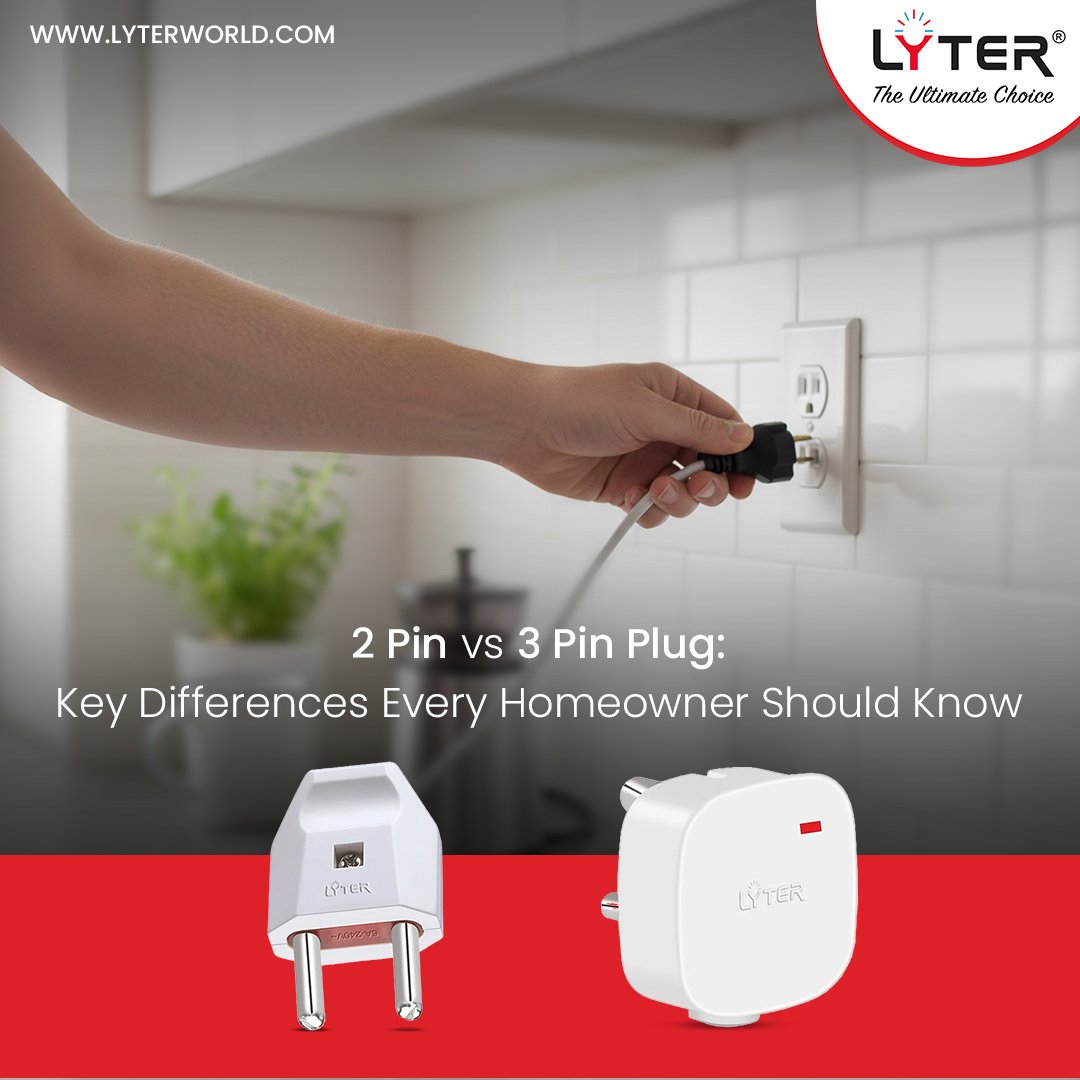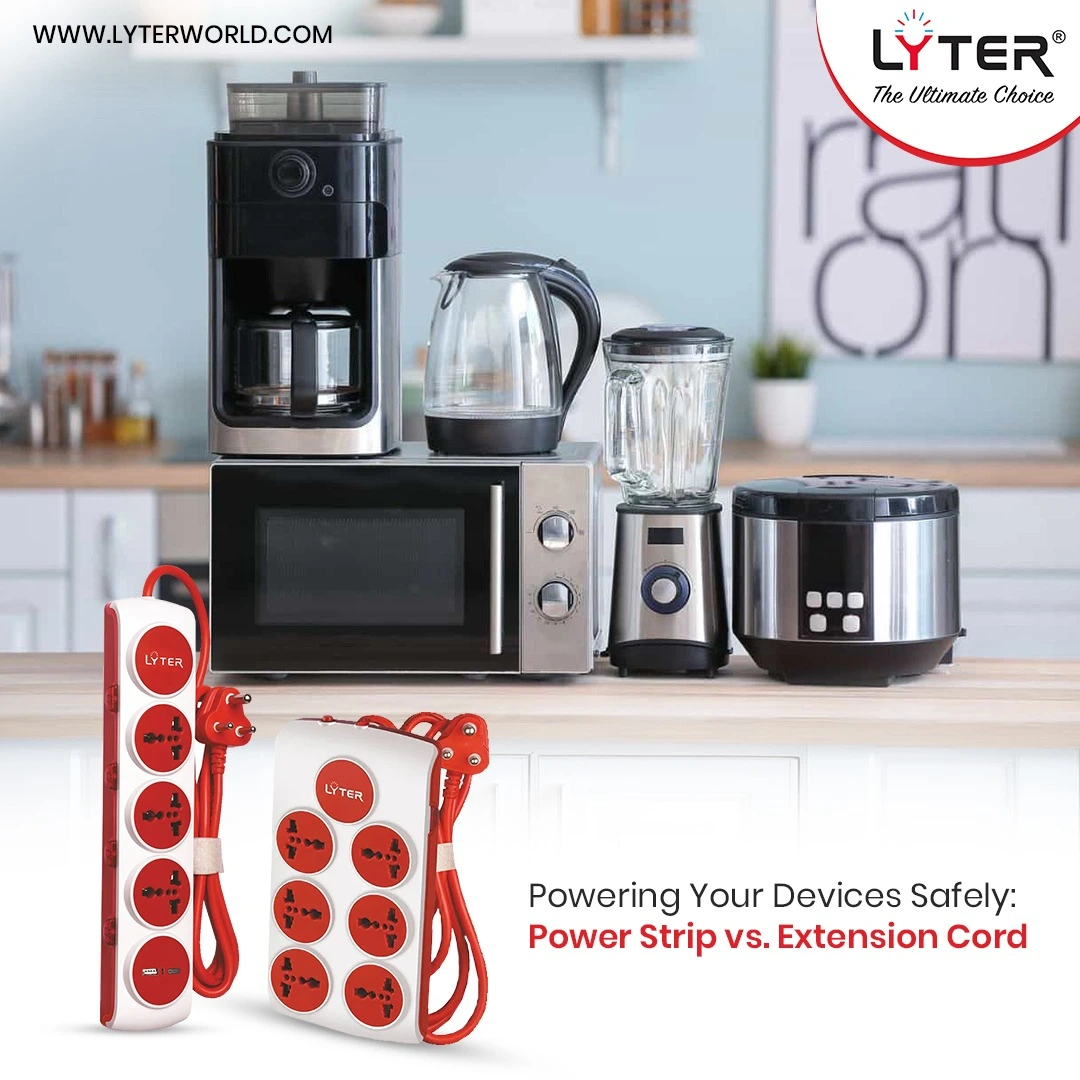Imagine your home appliances, office equipment, and city infrastructures communicating seamlessly through the web of connectivity, optimizing energy use, enhancing safety and opening new avenues for smart automation with the help of IoT devices.
This interconnected ecosystem not only conserves energy but also increases convenience and efficiency, paving the way for a sustainable and smarter future. By integrating AI and IoT, we can transform our daily routines, making our lives more comfortable, secure and environmentally friendly.
In this blog, we’ll understand the future trends, uncover the potential benefits and address the challenges that come with IoT-enhanced electrical systems. This will explore how these technologies are shaping our environments, making them smarter, more efficient and responsive.
The Evolution of Electrical Systems
Electrical systems have advanced greatly since the invention of the electric telegraph in the 1830s and Thomas Edison’s first electric power station in the 1880s. Initially, these systems were simple and localized, but over the decades, they evolved into vast and complex grids that power entire cities.
The 20th century saw rapid advancements, including the expansion of electrical grids, the advent of nuclear power, and the development of renewable energy sources like wind and solar power.
A significant turning point in the evolution of electrical systems came with the introduction of the Internet of Things (IoT). IoT began influencing electrical systems profoundly in the early 21st century; with IoT, electrical devices can now communicate with each other over the Internet, leading to more efficient energy use and better management of resources.
This technology has allowed for innovations like smart gird, which can automatically adjust energy distribution and load balancing based on real-time data. These advancements are crucial for enhancing the sustainability and reliability of electrical infrastructure worldwide.
For those interested in leveraging these technologies, advanced products are available through electrical wholesale online India shops.
Current Trends and Technologies in IoT Devices
- Advanced IoT Devices:
IoT technologies are rapidly transforming electrical systems with innovations like smart meters and automated home systems. Smart meters provide real-time data on electricity consumption, enabling more efficient energy management. Automated home systems integrate devices such as lighting, heating, and appliances, which can be controlled remotely, enhancing convenience and energy efficiency.
- Integration with Renewable Energy:
IoT devices play a crucial role in the integration of renewable energy sources like solar and wind power. By enabling real-time monitoring and control, IoT devices help balance the load and store excess energy during peak production periods. This not only ensures a steady energy supply but also maximizes the use of renewable energy sources, paving the way for a more sustainable energy future. These technologies contribute to smarter energy grids that can adapt to changes in energy supply and demand, promoting energy conservation and reducing reliance on non-renewable resources.
Potential Benefits of IoT in Electrical Systems
- Efficiency and Energy Saving:
The Internet of Things (IoT) significantly enhances the efficiency of electrical systems. By integrating smart devices that can communicate and automate processes, IoT helps monitor and manage energy usage more effectively, leading to substantial energy savings and cost reductions. Smart meters and intelligent sensors enable real-time data analysis, allowing for the optimization of power consumption and the reduction of waste. This system not only makes energy use more efficient but also supports sustainable practices by adjusting energy consumption based on actual needs.
- Enhanced Safety and Monitoring:
IoT technology also improves the safety of electrical systems. With the ability to continuously monitor equipment and infrastructure, IoT devices can predict and identify potential issues before they lead to failures. This predictive maintenance minimizes the risk of accidents and enhances the overall reliability of the electrical system.
Real-time alerts and automated shutdown features further safeguard against electrical hazards, ensuring a safer environment. Thus, IoT not only boosts efficiency but also significantly enhances the safety protocols within the electrical infrastructure.
Challenges and considerations:
When more devices connect to the Internet, security risks increase. Hackers can exploit vulnerabilities to access private information or disrupt services. Companies need robust security measures to protect against these threats. Additionally, the technical landscape for interconnected devices is complex, involving compatibility issues and ensuring reliable adherence to best practices.
On the regulatory side, companies’ protection and cybersecurity. These regulations vary by country and industry, making compliance a significant and ongoing challenge. Notably, many electrical wholesale online India shops only sell appliances that comply with these stringent rules and regulations.
Future Outlook in IoT and Electrical Systems
The horizon for IoT and electrical systems is promising, marked by the integration of artificial intelligence (AI) and sophisticated grid management techniques. These innovations aim to enhance efficiency and reliability in power distribution, as well as allow for real-time energy adjustments that meet fluctuating demands without compromising sustainability.
As cities and countries increasingly adopt these technologies, the global impact will be profound. We can expect smarter cities where everything from street lighting to traffic management is interconnected and optimized for energy conservation.
Additionally, these advances will enable countries to improve their energy security, reduce carbon footprints, and foster economic growth through more resilient infrastructure. This shift towards smarter electrical systems and IoT devices is not just a technological upgrade but a cornerstone for future sustainable urban development.
Experience Smart Energy Management with Lyter’s Electrical Appliance
In the era of smart technology, integrating Internet of Things (IoT) capabilities with your electrical systems is a game-changer. IoT technology enables real-time monitoring and precise control, leading to enhanced efficiency and sustainability across various sectors. This integration not only cuts costs but also strengthens and adds flexibility to energy infrastructures.
If you are looking for a superior electrical experience, then Lyter’s electrical appliances are designed to integrate seamlessly with your existing IoT systems. Our state-of-the-art products are engineered to enhance the capabilities of IoT technology, providing exceptional monitoring and control features.
This synergy allows for improved energy efficiency and proactive management of energy usage, helping you reduce costs and support a more sustainable environment.
With Lyter, you’re not just adapting to new technology; you’re stepping into the future of intelligent energy management. Optimize your energy consumption and make a positive impact on your environment with solutions that complement your IoT appliances. Experience superior quality and performance with Lyter—where advanced technology meets practical application
